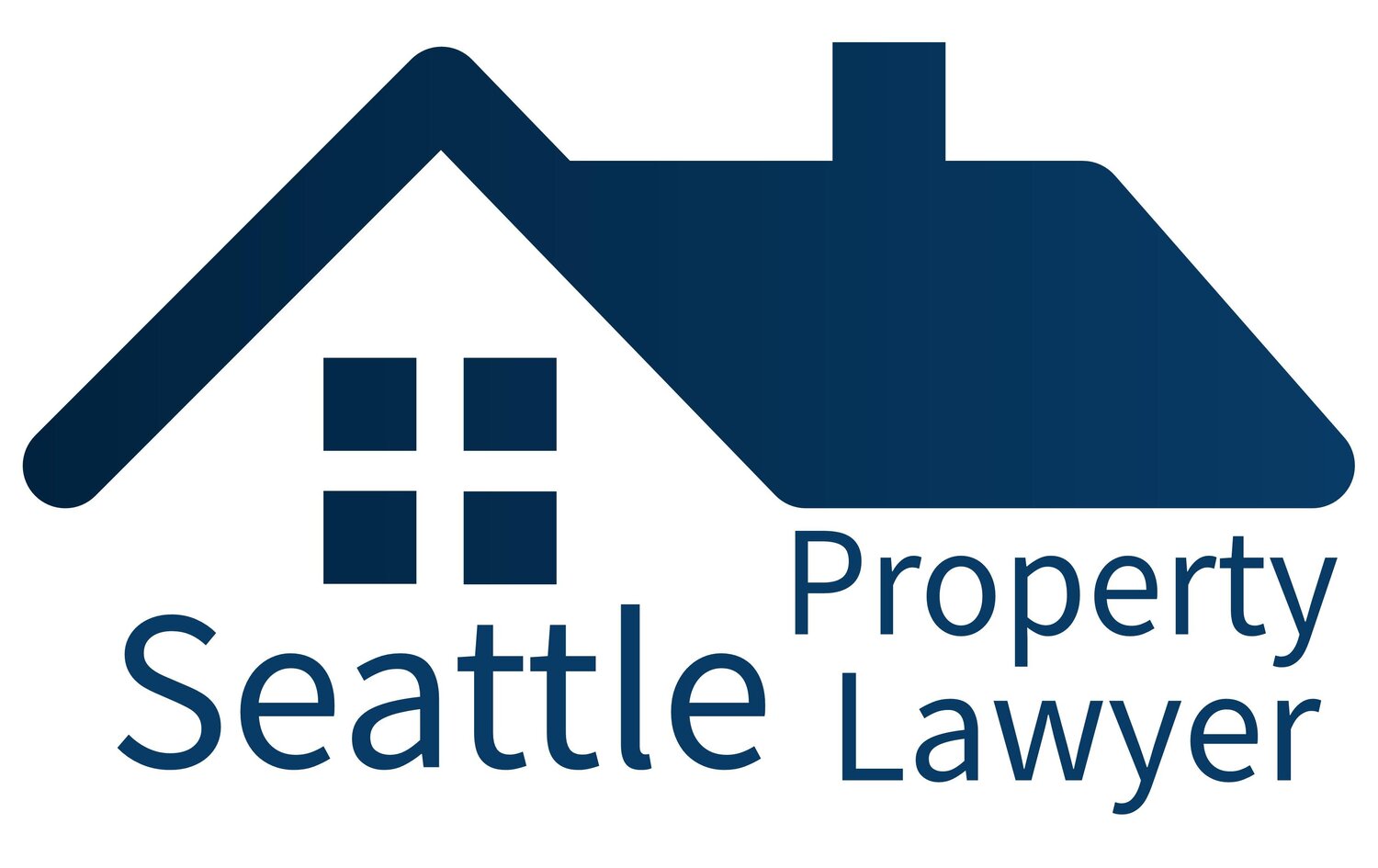In 1980, the US enacted the Foreign Investment in Real Property Tax, or FIRPTA. The law requires foreign owners of real property to pay a 15% tax when they sell. In a twist, though, it is the buyer, not the seller, who is responsible for determining whether the tax is due. When due, the buyer must make sure it is paid.
FIRPTA is a law with teeth.
Specifically, the buyer must determine whether the seller is a “foreign person” as defined by the law. The seller is “foreign” if they are either a non-resident alien individual, or a foreign entity (a corporation, LLC, trust, estate, etc., that was legally created and exists in another country).
The law allows a buyer to accept a specific certification from the seller confirming the seller’s status. If the seller is a foreign person, then the buyer is responsible for withholding 15% of the sale proceeds and forwarding the money to the IRS. If the buyer fails to do so, then the buyer is liable for the tax due. Ouch.
Buyers: Make sure to comply with FIRPTA.
Otherwise you could have a very, very nasty surprise from the IRS: a bill for 15% of the sale price. On an average Seattle home, that would be about $100k. Double ouch!
Real estate forms should address FIRPTA
For a long time, the Northwest Multiple Listing Service forms (used by real estate agents) did not address this issue. Nonetheless, the vast majority of closing agents and escrow companies made sure the proper forms were completed, and the tax was paid when due.
In a recent revision, the NWMLS finally included terms to ensure compliance with FIRPTA. The standard contract form today requires the seller to indicate whether they are a “foreign person.”. The seller also must complete and sign a “FIRPTA Certification” (the NWMLS Form 22E). If the seller is “foreign,” then the contract instructs the closing agent to withhold and forward the amount due to the IRS, with the proper forms.
There is some confusion among real estate agents about how to use the NWMLS Form 22E FIRPTA Certification. Nonetheless, the NWMLS at least addresses the issue, meaning compliance is much more likely today.
In addition, I have my own free FIRPTA Certification.
Closing Agents and FIRPTA in WA
in this state, our closing agents are Limited Practice Officers. Licensed through the state Bar Association, they act essentially as legal technicians by preparing the legal documents needed to close a transaction.
Unfortunately, it appears an LPO may not be legally authorized to complete tax forms. If that is the case, then arguably they LPOs may not complete the forms required for FIRPTA compliance. On a practical level, nothing has changed and closing agents continue to honor the instructions in the contract about FIRPTA. But it is unclear how this will play out going forward.








